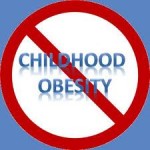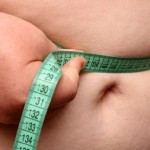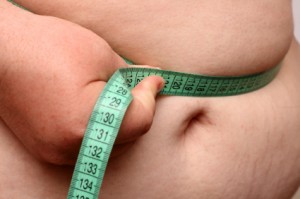 1-7th July 2013 is National Childhood Obesity Awareness Week. At PatientTalk.Org we thought we would use this opportunity to help raise awareness of childhood obesity and, at the same time, spark a discussion of how it might be combatted by our readers.
1-7th July 2013 is National Childhood Obesity Awareness Week. At PatientTalk.Org we thought we would use this opportunity to help raise awareness of childhood obesity and, at the same time, spark a discussion of how it might be combatted by our readers.
Firstly a few facts which we think you might find surprising. According to the US Government’s Center for Disease Control and Prevention childhood obesity has doubled in the last thirty years. In fact by 2010 18% of children aged between 6-11 could be classified as obese. The same figure applies to teenagers in America. You can check out the CDC’s web site for more information http://www.cdc.gov/healthyyouth/obesity/facts.htm.
So how does this present a health problem? Well in the short term obese children have an increased risk of high cholesterol or high blood pressure among various cardiovascular conditions. Diabetes and pre-diabetes is also a worry. Until recently a person under 18 developing Type 2 diabetes was considered a rarity but this is no longer so. Sleep apnea is also a problem for younger people. To find out more about sleep apnea please have a look at https://patienttalk.org/?p=421.
In the long term the CDC notes that children with obesity are likely to become adults with obesity. This means they will run an increased risk of “heart disease, type 2 diabetes, stroke, several types of cancer, and osteoarthritis”.
This, of course, leads us to the crux of the matter- how might we end the epidemic of childhood obesity? There have been a large number of suggestions made by government and healthcare providers. These vary from banning “fast food” outlets in close proximity to schools, encouraging more structured family dining and improved medical education in schools.
But would these ideas work? It’s a tough question and we would be very keen to hear you thoughts in the comment box below. In particular it would be great if you could think about the following questions in your responses:-
- Do you have direct experience of childhood obesity? If so can you tell us a bit more?
- What do you think are the long term effects of childhood obesity?
- And most importantly how can childhood obesity be tackled?
Thanks very much in advance for your comments.




